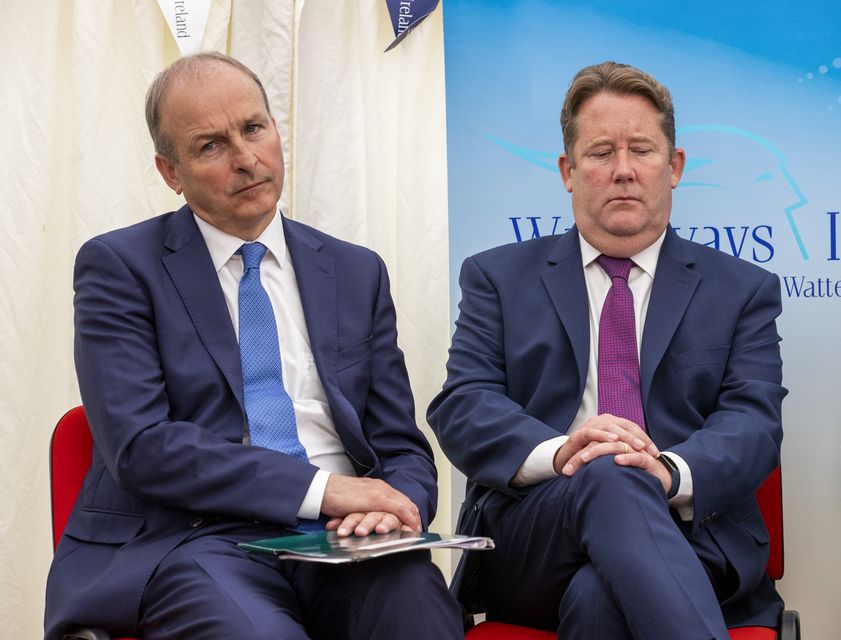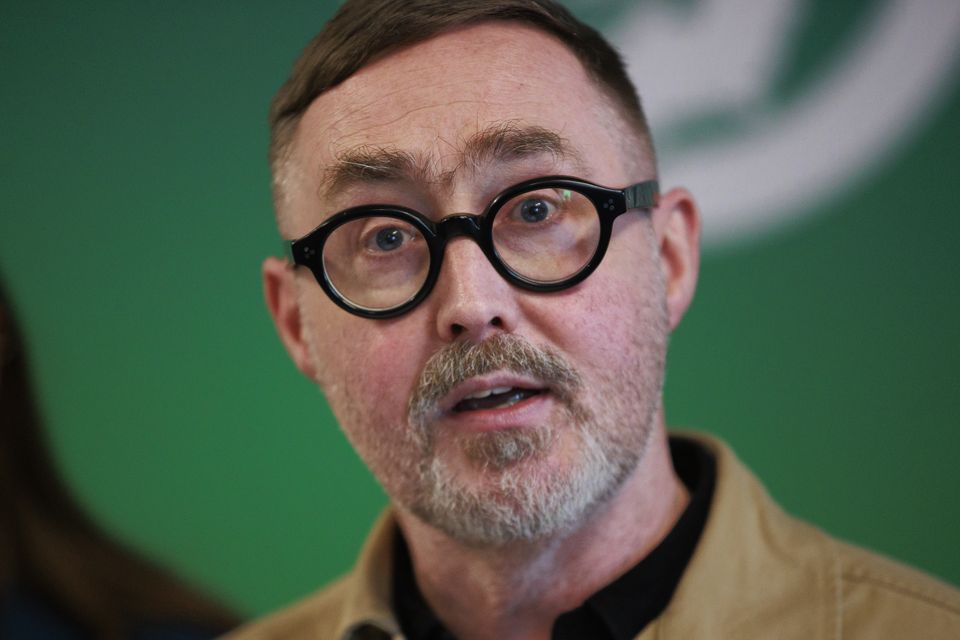The number of people in emergency homeless accommodation across Ireland has reached a new record high of 14,966, according to the latest figures from the Department of Housing.
The figures came halfway through voting in the General Election and show the continuation of a near-consistent rise in recent years, which has repeatedly set new records.
The data, released on Friday afternoon, shows that 10,321 adults and 4,645 children were accessing emergency accommodation during the last week of October – the highest ever in both metrics.
The statistics are commonly referred to as the “homelessness figures”, but do not include people sleeping rough, those that may be couch surfing or homeless in hospitals or prisons, or those who are in shelter for asylum seekers or domestic violence centres.
The numbers also reveal that there were a total of 2,161 families using such services.
Of the 10,321 adults, 61% were male and 39% were female. Overall, 65% were classified as single adults.
Of the 2,161 families, 1,245 were single-parent groups.
Year-on-year, there has been a 16.4% rise in the number of children and a 16.12% rise in 18-24 year-olds accessing emergency accommodation.
Fianna Fail leader Micheal Martin TD and Minister for Housing Darragh O’Brien (Liam McBurney/PA)
The timing of the monthly statistics became a political football in the later stages of the campaign, with opposition parties arguing they should have been available to voters prior to polls opening.
However, senior figures in Fianna Fail – the party which holds the housing portfolio – said they would not interfere with the regularised schedule for the figures.
Housing Minister Darragh O’Brien claimed he could not bring the figures forward as he did not have control over their publication, adding that they needed to be independently verified.
He said there had been agreement that the figures would always be released at 2pm on the last Friday of every month.
That decision has been defended as a means of limiting the possibility of politicising the timing of their release.
Homelessness – and the delivery of housing more generally – was a key focus of the election campaign, with parties offering radically different solutions to Ireland’s housing crisis.
In a pre-election interview, Micheal Martin, the Fianna Fail leader, said he could not guarantee when homelessness figures would peak, but added that he would like to see a reduction “within 12 months”.
He added that homelessness is the number one priority for his party.
Reacting on Friday, Sinn Fein housing spokesman Eoin O Broin said his party had a comprehensive plan to tackle homelessness.
He added: “The latest rise in homeless numbers confirms why we need a change of Government.”
Sinn Fein housing spokesman Eoin O Broin (Liam McBurney/PA)
Homelessness charities noted the release of the figures by calling for an urgent cross-Government approach.
Tony Geoghegan, interim executive director of the Simon Communities of Ireland, said that behind the figures are real people “caught in the daily misery of homelessness”.
He said: “While there have been commitments by Government over the years to address the issues, the problem continues unabated.”
He added: “Regardless of the outcome of the current election, and the composition of the new government, our ask remains the same: The new government must commit to end homelessness and the need to sleep rough by 2030.”
Focus Ireland said that political parties and soon-to-be elected politicians “must not forget about homelessness”.
The charity said solutions for homelessness must be more central to government formation talks than during the campaign.
Since the last election in February 2020, homelessness has risen by 47%.
Focus Ireland CEO Pat Dennigan: “Proposals to solve the crisis have been notably absent from political discourse during this campaign.
“Although all political parties refer to homelessness as a priority issue and include sections on homelessness in their manifestos, most proposals remain vague and aspirational.”
The overall figures include 10,836 people in Dublin alone – a 12% year-on-year rise in the capital.
Catherine Kenny, CEO of Dublin Simon Community, said: “For many at the ballot box, today’s election will be a referendum on how the housing crisis has been managed. ”
She added: “The real test for the next Government will be reducing these numbers—not by simply managing homelessness but by moving people from emergency accommodation and the streets into social or affordable homes.”
Ms Kenny said voters should ask themselves who will prioritise the issue and deliver more social and affordable homes.
The demands on emergency accommodation will increase as temperatures over the winter.

